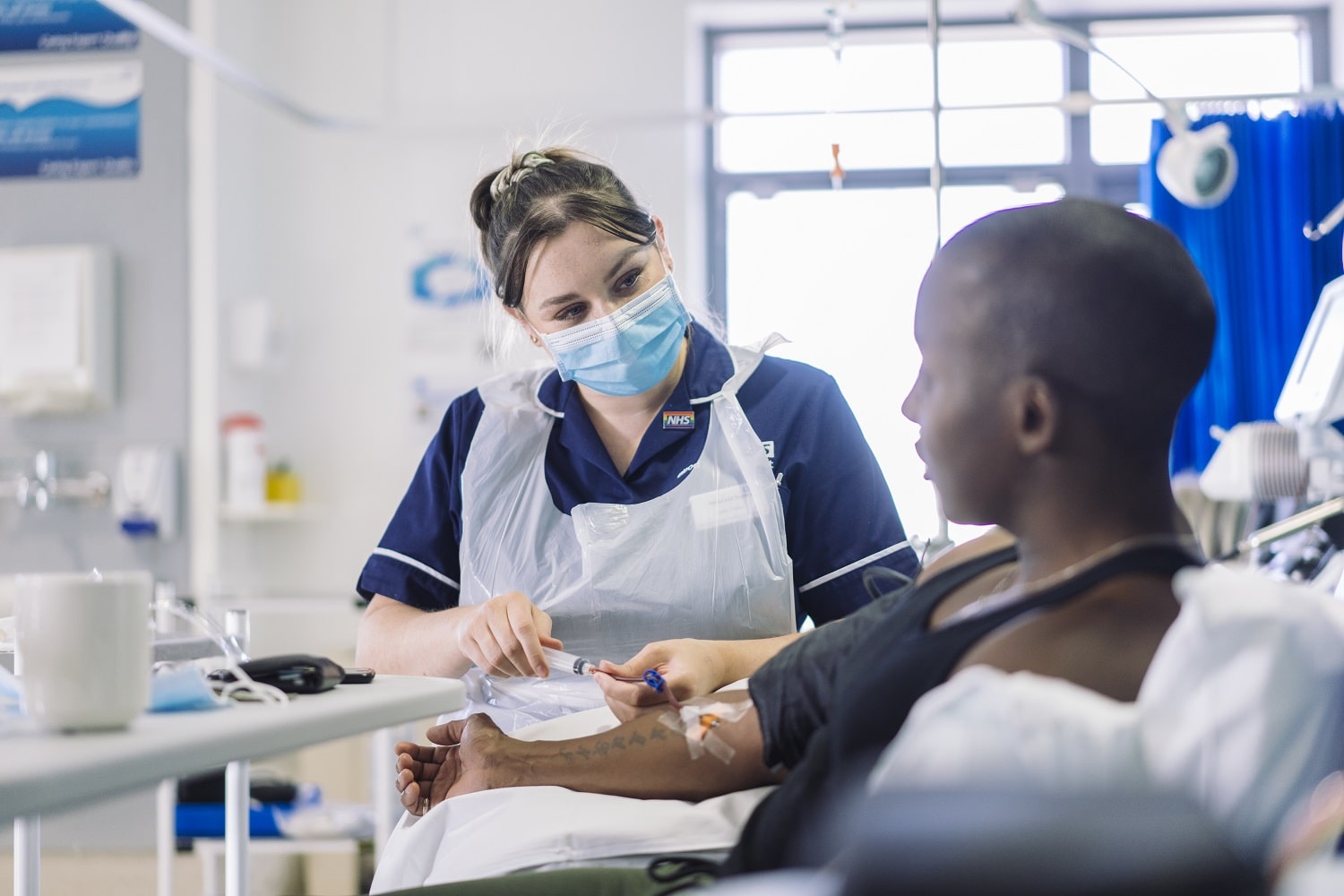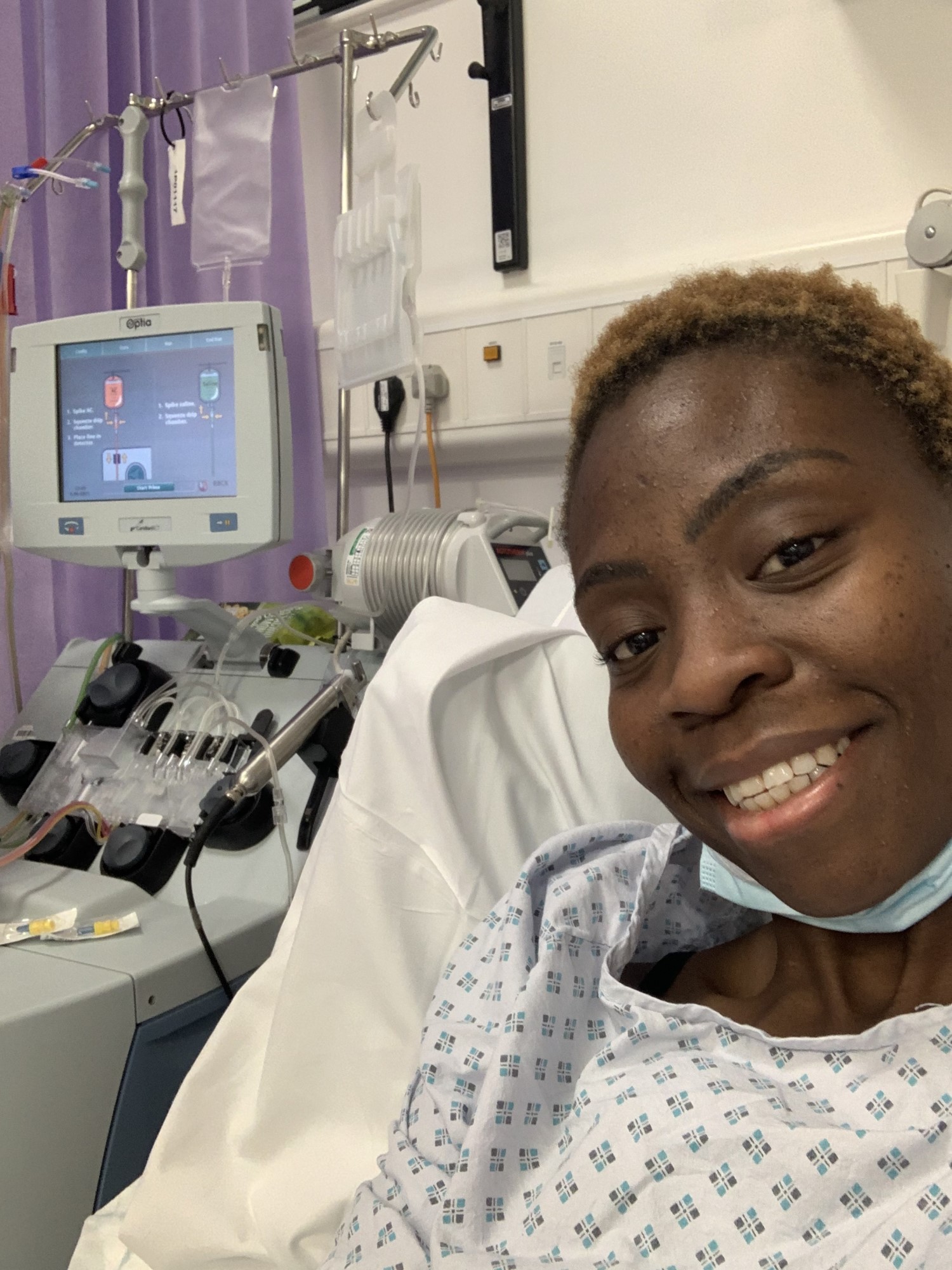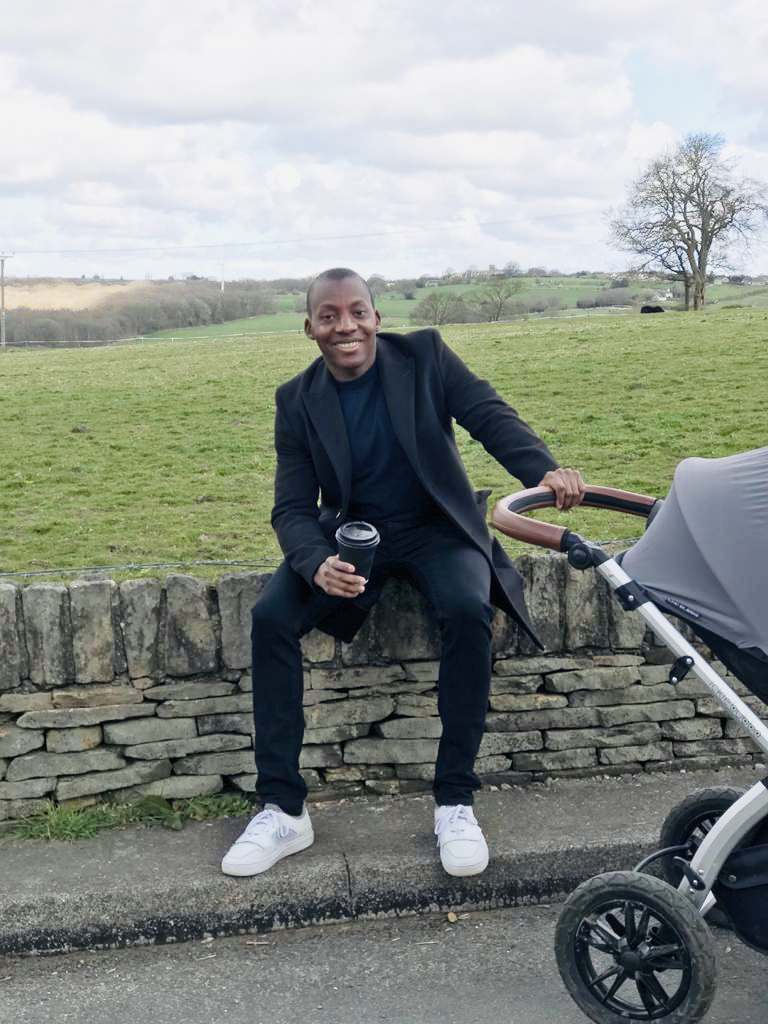World-First NHS Test To Curb Transfusion Side-effects For Thousands with Inherited Blood Disorders
 The NHS is set to introduce a new genetic blood-matching test for thousands living with sickle-cell disease or thalassaemia that could reduce some of the side-effects of transfusion treatments.
The NHS is set to introduce a new genetic blood-matching test for thousands living with sickle-cell disease or thalassaemia that could reduce some of the side-effects of transfusion treatments.
As it marks its 75th year, the NHS is to become the first healthcare system in the world to provide blood group genotyping, a detailed DNA analysis of each patient’s blood group, to more accurately match those in need of transfusions to donated blood.
The landmark new programme, delivered in partnership by NHS England and NHS Blood and Transplant (NHSBT), will help ensure patients receive the best treatment for them, reducing the risk/impact of reactions to donor blood and the development of antibodies that attack the donor blood cells.
Who is most affected?
Sickle cell disorder, which triggers intense pain after red blood cells become sticky, block vessels and restrict oxygen supply is particularly common in people of Black African and Caribbean heritage.
There are around 17,000 people living with the disorder in England, with 250 new cases per year. These patients receive more than 10,000 units of blood per month through NHSBT.
People with thalassemia produce too little haemoglobin, which is used by red blood cells to carry oxygen around the body, leaving some people dependant on regular blood transfusions.
Thalassemia is mainly seen in those with an Asian, Middle-Eastern and Southern Mediterranean heritage, with about 800 patients in England and less than 50 new cases each year. The test will also help patients living with other transfusion dependent rare inherited anaemias.
The most common way to treat these conditions is via blood transfusion from donors.
Almost a fifth of patients (17%) with sickle cell disorder and almost a quarter of those with thalassaemia (22%) experience side-effects after a transfusion because of inadequately matched blood, with the main source of blood for transfusions being people with European ancestry.
These side effects can lead to transfusion reactions and make it difficult to find enough blood for future transfusions. The effects of this can be severe, leading to a patient’s condition deteriorating and in some very rare cases it can lead to death.
How will the programme help?
A similar programme for donors will eventually result in patients with sickle cell and Thalassemia receiving better matched blood reducing the development of antibodies and leading to better care for patients.
Although blood is matched to the ABO and RhD groups – there are many other blood groups for which blood is normally not matched between patient and donor. This can lead to the production of antibodies to attack the donor’s red blood cells.
To tackle this, NHS England is providing funding of almost £1 million to NHSBT to provide blood group genotyping in its specialised molecular diagnostics laboratory. Once a donor database is developed this will support better matching of blood for people with Sickle Cell and Thalassemia, reducing the development of antibodies and lead to better care for patients.
The genotyping programme would not be possible without a new testing array developed by the Blood Transfusion Genomics Consortium (BGC), an international partnership. The National Institute for Health and Care Research has (NIHR) provided critical funding and support for the BGC including through the NIHR Research Units at NHSBT and the NIHR BioResource. The BGC is also financially supported by organisations including NHS Blood and Transplant, University College London Hospitals, and Cambridge University Hospitals.
Statements
Stephanie's story
 Stephanie Danso, 30, from Oxford, has sickle cell and receives a red cell exchange every six to eight weeks at NHS Blood and Transplant’s Oxford Therapeutic Apheresis Service Unit.
Stephanie Danso, 30, from Oxford, has sickle cell and receives a red cell exchange every six to eight weeks at NHS Blood and Transplant’s Oxford Therapeutic Apheresis Service Unit.
Stephanie has previously endured severe sickle cell crisis episodes that have left her in intensive care. Stephanie is in the complex patient group because it is difficult to find blood which she can safely receive, and in the past she has developed blood group antibodies from transfusions.
But genetically testing her extended blood group should, in the future, help her receive the best matched blood, reducing the risk of developing even more antibodies.
About 19% of Stephanie’s blood contains the sickle haemoglobin, even after treatment. Receiving regular blood transfusions is vital to cutting the risks of potentially fatal organ damage and strokes.
Stephanie said:
"A lot of people think you only need a blood transfusion during a crisis, however for me they don’t just save my life, they also give my body a future chance of survival."
"They’ve allowed me to get on with the day-to-day activities that most people take for granted as well as reduce the painful episodes. I still have crises sometimes but the transfusions give me a greater chance of surviving them."
"There are still days when I feel exhausted and face challenges but thanks to the transfusions I lead a happy life with lots of friends and I am working as a professional."
"I know it's difficult to find well matched blood for me now. I have antibodies from past transfusions. The new blood group genotyping will mean I can receive the best matched blood in the future with less chance of developing more antibodies and less chance of not being able to receive blood at all."
Dean's story
 Dean Wiltshire, from Huddersfield needs regular blood transfusions for sickle cell, but like Stephanie has developed antibodies after struggling to find a matching blood for transfusion.
Dean Wiltshire, from Huddersfield needs regular blood transfusions for sickle cell, but like Stephanie has developed antibodies after struggling to find a matching blood for transfusion.
The 40-year-old dad of three boys gets nine units of blood every six weeks at NHS Blood and Transplant’s specialist therapeutic apheresis services unit in Leeds.
The NHSBT blood matching team has to work hard to find suitable blood and on occasions he has to have reduced transfusions because not enough blood could be found.
Blood group genotyping would mean better matched transfusions and more suitable blood could be found for him. Dean would also have less chance of developing more antibodies in the future.
Dean, who works as a business support officer for Kirklees, had his first sickle cell crisis aged four.
He said: "I would be in excruciating pain and only morphine would help."
His sickle cell has caused him to have a stroke in 2010 at the age of 28, leaving him with reduced movement in his left arm.
Dean said:
"Since having the stroke and starting red cell exchange blood transfusions, it feels like a temporary cure as my sickled cells are replaced with normal red blood cells."
"I want to thank all of the donors who give blood – without them I wouldn’t be here today and I am just one person, imagine how many thousands of people have been saved."
"I also want to encourage more people from the Black community to give blood as they are so important in saving the lives of people with sickle cell."
How can you help?
For people to benefit the most from the testing, there is an ongoing need for more donors of black and South Asian heritage. You can support us by registering as a blood donor here.